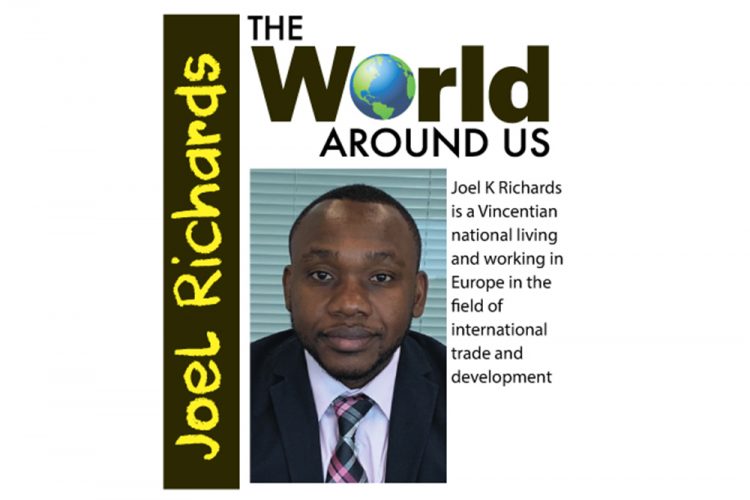Afghanistan is at an inflection point

The speed with which the Taliban returned to power in Afghanistan after the withdrawal of the bulk of American forces caught many by surprise, including apparently, the American government. Rightly, America has been left with egg on its face as allies and foes alike have been critical of how the withdrawal has been executed. Beyond the execution itself, both the credibility of President Biden and the United States (US) government have also been questioned.
Of course, no one expected the Americans to stay in Afghanistan forever. Public sentiment in the US had for a long time trended in the direction of ending the war. Having had to contend with simultaneous wars in Iraq and Afghanistan for the first decade of the 21st century, the latter eventually extending to 20 years in total, the American public had become weary of military expeditions abroad. In Afghanistan, America lost over 5,000 service members and civilian contractors, more than 20,000 soldiers were wounded and over $2 trillion was spent on the war effort. Well over 100,000 Afghans also lost their lives and millions were displaced as a result of the war.
With the Taliban now firmly in control of Afghanistan again, apprehension abounds both inside the country and around the world. Afterall, when they previously ruled Afghanistan, the Taliban was known for many excesses consistent with their strict interpretation of Sharia Law – such as public executions of convicted murderers and adulterers, and amputations for those found guilty of theft. They also banned television, music and cinema, and disapproved of girls aged 10 and over attending school. The Taliban was also accused of various human rights abuses. However, the straw that broke the camel’s back was their accommodation of terrorist groups such as Al-Qaeda which launched the September 11 2001 terrorist attacks on the US from their sanctuary in Afghanistan. This then led to the US invasion of Afghanistan and the subsequent dismantling of the then Taliban government.
Given the Taliban’s less than stellar past, apprehensions to its return to power, both inside and outside Afghanistan, are understandable.
Inside Afghanistan, the major concern is that the Taliban will return the country to excessive rule which will all but undermine the gains made in the last two decades in areas such as female empowerment, human rights, press freedoms and economic reforms among others. Outside of Afghanistan, the major concern is the possibility that the Taliban can once again house terrorist groups which can threaten the rest of the world. According to Vanda Felbab-Brown, a senior fellow at the Brookings Institution in Washington and a contributor to Foreign Affairs Magazine, what lies ahead for Afghanistan is not a happy picture.
Nonetheless, being aware of these concerns, the Taliban claims that it is now more moderate and inclusive. The veracity of this claim will be revealed in the fullness of time.
Amid the apparent shock of the Taliban’s return to power, the benefit of hindsight suggests that the writing may have been on the wall all along. In February last year, the US Government signed a peace agreement with the Taliban. The elected Afghan government at the time was conspicuous by its absence from the negotiating table. A provision of the US-Taliban deal was the withdrawal of the US and its allies from Afghanistan, in return for a commitment from the Taliban to prevent terrorist groups from operating in areas under its control. Bringing the Taliban to the negotiating table in this way not only gave it legitimacy, but it may have also been a tacit recognition by the Americans of the inevitability of an eventual Taliban takeover in Afghanistan.
Afghanistan is now at an inflection point. It may regress under the Taliban, or alternatively, it may defy the expectations of many and progress. The international community also has the choice of engaging a Taliban regime or isolating it. Ultimately, the welfare of the Afghan people and the security of the world should guide the relevant decision makers.









